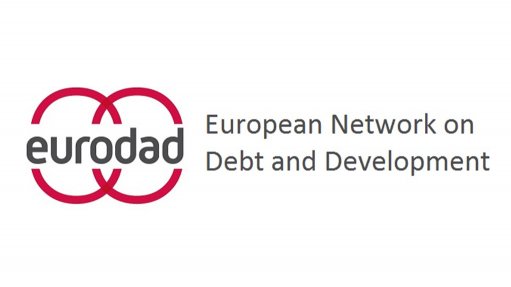
Today the European Network on Debt and Development (Eurodad) is publishing an update of the report first published in July which outlines the limitations of the G20's Debt Service Suspension Initiative (DSSI). This includes new data.
This is to coincide with the virtual meeting of the G20 later today, and with planed announcements which could include an extension of this initiative and its conditions for repayment, plus - if agreement is finally reached today - the announcement of a new common framework for debt relief and restructuring.
The report outlines how the DSSI was intended to help developing countries with overwhelming debt, exacerbated by the impacts of the pandemic and economic downturn. But it has fallen short.
It finds:
- So far, the DSSI has only covered a meagre 1.66 per cent of debt payments due in 2020 by all developing countries.
- Of the 46 beneficiary countries, it has had very limited impact due to the failure of private and multilateral lenders to participate. As a result, only 24 per cent of the debt payments due to be made between May and December 2020 by beneficiary countries were actually subject to potential debt suspension
- If, as expected, it is extended to the first half of 2021, it would potentially cover only 44 per cent of debt payments by the 46 countries that have so far requested participation in the DSSI.
If the G20 do not compel all creditors to offer substantial debt relief today, money freed up under the DSSI may effectively be used to repay private and multilateral debts and not to fund the response to the Covid-19 crisis.
This report also finds that:
- DSSI-eligible countries are already scheduled to repay USD 115 billion of debt in 2022-2024, just when their suspended 2020 payments are due.
- Middle income countries, many of whom are currently at the epicentre of the pandemic, are left out of this initiative and its extension.
The report calls on G20 governments and IFIs to agree on a number of immediate measures to answer the very urgent needs of the countries most affected by the pandemic and the unfurling debt crisis. This includes scaling up the current DSSI to permanent debt payment cancellation for up four years and to all Global South countries in need, as well as securing the participation of all creditors, including the World Bank, other multilateral development banks and private creditors.
The report also calls for a more long-term approach to the debt crisis facing the world, including a dedicated debt relief and cancellation process for all developing countries in the wake of the Covid-19 crisis. In addition, the creation of a permanent mechanism, under the United Nations, for the systematic, comprehensive and enforceable restructuring of sovereign debt, is crucial.
Report by Eurodad